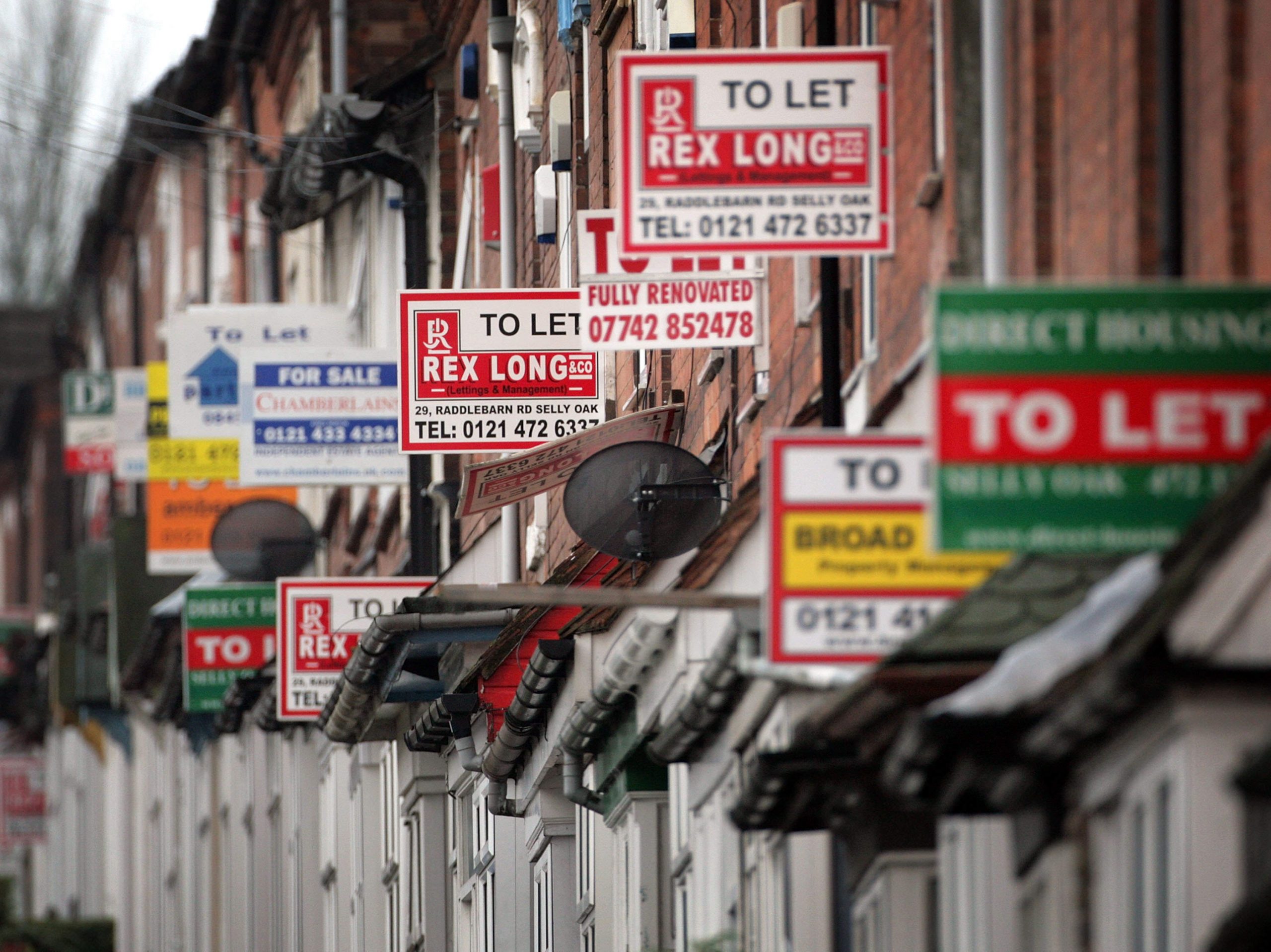
According to Labour, up to 9m renters would save more than £600 each in the next parliament under plans announced this week by Ed Milliband to ban letting agent fees and cap rent increases for longer-term tenants. While hardly earth-shattering, this is at least a start for those both renting and looking to save in order to get on the home ownership ladder in the future.
Indeed, if politicians are in any doubt as to the financial hardship and frustration the hostile housing market is causing “generation rent”, then Saturday’s protest (with the corresponding hashtag #MarchForHomes) in London on the lack of affordable housing gives some indication of the difficulties faced by this group. For despite all the charms of the city and Home Counties, the fact is that if you find yourself single, in an average graduate position with a salary of around £25,000 – £30,000, you’re going to have to be saving for an awfully long time to afford even a modest property, let alone afford the exorbitant monthly rents that are set to continue to rise much faster than wages.
In London today, for example, you would be very lucky to get a two bedroom flat near Streatham station (Zone 3) for around £300,000. If you’re a 25-year-old single, don’t have the Bank of Mum and Dad to back you up, and are able to save £100 a month, you’ll have to wait (if you’re starting from scratch) until you’re 50 to put a 10 per cent deposit down on a property at this price. Even if you’re able to get a rare 95 per cent mortgage, chances are you’ll be 37 or 38 until you’re ready to take the plunge.
These figures also assume that house prices will stay static, which they almost certainly will not. In order to keep up with rising prices, savers will have to progressively increase the amount they put away – by no means easy given that wages for young workers have fallen more than any other group between 2008 and 2014, while house prices in the capital have rocketed by 25 per cent between the second quarter of 2013 and the same period in 2014. With such grim prospects on the horizon regarding “getting on” in life, as our politicians so often phrase it, it’s no wonder many workers feel the recovery hasn’t yet arrived for them.
Might shared ownership offer a way forward for locked-out young workers? For the unitiated, shared ownership offers a halfway house between renting and buying, with buyers able to buy a proportion of the property for a lower amount, paying the rest in rent. To many, this might seem a reasonable compromise, yet the handful that come on the market attract fierce competition and often go to families with children deemed (not unreasonably) to be in greater need than singles.
Put simply, not enough homes are being built.
In truth, the political powers that be have known this for years, yet under the current coalition fewer homes than ever have seen the light of day. Between 2012 and 2013 for instance just 109,370 homes were constructed. In accordance with such pitiful numbers, it’s no surprise that in places in high demand like London, prices skyrocket as more and more workers are pulled to the Big Smoke.
Furthermore, our housing crisis not only affects those who wish to buy, but also those renting. The logic here is similar: rents increase as tenants in a desirable area increase and the housing supply fails to meet the corresponding demand. This problem is arguably exacerbated by the lack of rental controls and legislation protecting tenants from steep increases. In other words, tenants are at the mercy of their landlords in relation to prices. Although at last it looks like Labour might be beginning to do something about this, its plans won’t be enough.
It’s all good and easy to say “build more affordable houses” but how can this be done? The housing charity Shelter proposes a number of solutions. The first is an increase in direct government investment, which Shelter says has a track record of being effective and could be achieved while honouring national debt reduction commitments. A second possible solution would be to increase greenbelt flexibility, allowing developers of various sizes to build on land previously protected. This would be effective in cities too; 19 of the 32 London boroughs have greenbelt land. It’s also worth noting that in introducing this policy, Britain would not become an “urban jungle” as some suggest, and Britain’s countryside would still be maintained
While these and other solutions sound viable, is there the political will? Voters, while supporting increased housing, generally do not support expansion in their backyard. This risk of public anger perhaps helps explain the reluctance to date of elected representatives to really get behind housing projects beyond the occasional rhetorical noises of support. This presents something of a conundrum for our politicians: support housing expansion in their constituency and risk unpopularity with voters, or do nothing and increase pressure on hard-pressed workers.
Regardless of risk, politicians really must see the bigger picture here and build on the plans announced by Labour today. Our continued failure to build more affordable homes has wrought serious economic, social and cultural consequences, and will continue to do so unless something is done. By grasping the nettle on this issue and addressing a concern for millions in the UK, a post-2015 government could go some way to restoring confidence in a system many feel let down by, and reap the rewards at the 2020 election as a result.
But will any party be brave enough?
David Binder blogs at thoughtsofbinder.wordpress.com and can be found on twitter at @davidpaulbinder





